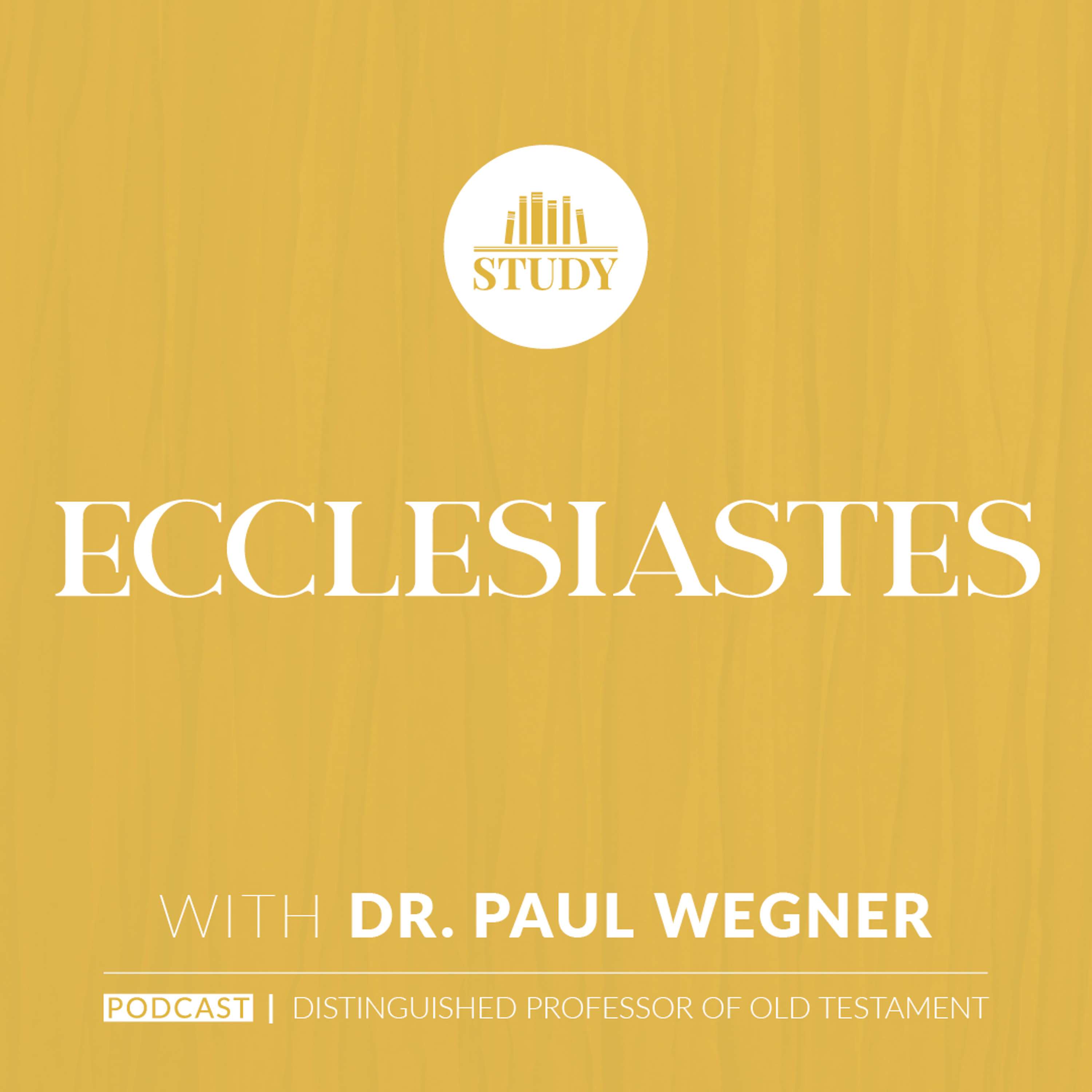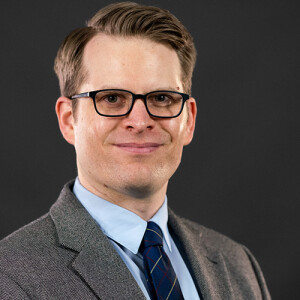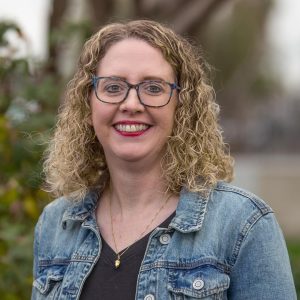One of the most important aspects of mission-focused leadership is mission alignment. This is the leadership sweet spot when your personal mission aligns with your organization’s mission. When this happens, your work setting might be described as a “good fit” and productivity abounds. With this kind of alignment, work is enjoyable, and going to work every day is a pleasure. When you have mission alignment, you take daily problems in stride. You also enjoy long-range planning because you can envision being in your current role for many years.
On the other hand, a lack of mission alignment is a source of continual frustration—for leaders and people who work with them. Working in that context feels like trying to mesh gears that just don’t match. No matter how hard you try, things just don’t work. Every day is an ordeal. Future planning is a chore. You dread the thought of continual frustration in your current role.
The solutions to this problem require thoughtful consideration and perhaps difficult choices. The first step to mission alignment is knowing your personal mission. This means you understand your calling, gifts, abilities, and passions well enough to be comfortable with and secure in who God made you to be and what he made you to do. For most of us, this is a process that unfolds in young adulthood and solidifies in our thirties. Younger leaders are usually in the discovery phase and should be patient as they develop greater self-awareness. Maturing leaders own who they are and settle into the mission God has given them. It’s a process, and personal mission can change over time and during any phase of life. Nevertheless, every effective leader eventually discovers and accepts who God made them to be and what he made them to do.
The next step is knowing your organization’s mission. This can be tricky. An organization’s true mission is not revealed by a slogan in a brochure, but by the operations and outcomes that drive the organization daily. When a published mission parallels actual mission-focused activities, an organization is practicing mission discipline. Next week’s blog will address that aspect of mission-centric leadership. But for this week, it is essential you understand your organization’s true mission—what it really exists to do—based on your experience with the organization. Knowing your personal mission and your organization’s mission is essential before you can achieve mission alignment.
The third step, if mission alignment does not exist, is to change jobs. Resist the temptation of shaping your current organization’s mission to suit your purposes. Move on to another organization that more closely aligns with your personal mission. Years ago, becoming a church planter was a result of implementing this process. The church I was pastoring was a fine church. It just was not a good match for my personal mission as I understood it at the time—reaching the lost and creating culture current ministries to meet their needs. Achieving mission alignment is one good reason for changing ministry roles.
As you consider new beginnings in 2022, process the possibility of finding a role where you have greater mission alignment. Ask God to place you where he can use you best. This is not about getting a better job, making more money, enlarging your reputation, or competing with other leaders. It is about finding and fulfilling God’s best in your life. One of my most freeing experiences was shifting my focus away from emulating other leaders to being the leader God made me to be. Make that your resolution for the New Year!
Read More

Excerpt — Towards a Clearer Understanding of Jonathan Edwards’s Biblical Typology: A Case Study in the ‘Blank Bible’
Dr. Cameron Schweitzer provides new insights into Jonathan Edwards’s often mischaracterized typology.

Seeing the Unseen
CSBC Women’s Ministry Director Cathie Smith shares how the church can serve the marginalized in its community.
Listen
Wisdom Books | Ecclesiastes
A common misconception about the book of Ecclesiastes is that it is very pessimistic. In actual fact, there is great comfort throughout the book that while life without God is meaningless, there is great satisfaction found when we cling to the Lord, and only to Him.

Ministering in Finland
Mikko Sivonen, Academic Dean of the Agricola Theological Seminary in Finland, joins Dr. Hopkins to discuss working as a missionary in a place where people are predominantly a different denomination than you. You can learn more about Mikko’s work here www.agricolasemin

Watch

Jonathan Edwards and the Asbury Revival
Chris Chun and Chris Woznicki discuss the signs of true revival, signs of the work of the Holy Spirit, and why it is important to critically assess the characteristics of revival in a spirit of charity.

Jonathan Edwards and the Baptists | Douglas Sweeney, Nathan Finn and Chris Chun
Dr. Douglas Sweeney and Dr. Nathan Finn joined Dr. Chris Chun for a panel discussion on Jonathan Edwards, recorded live at the SBC Annual Meeting in Anaheim.




